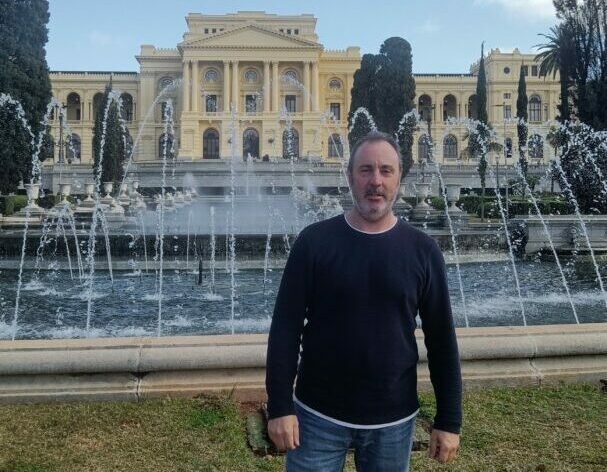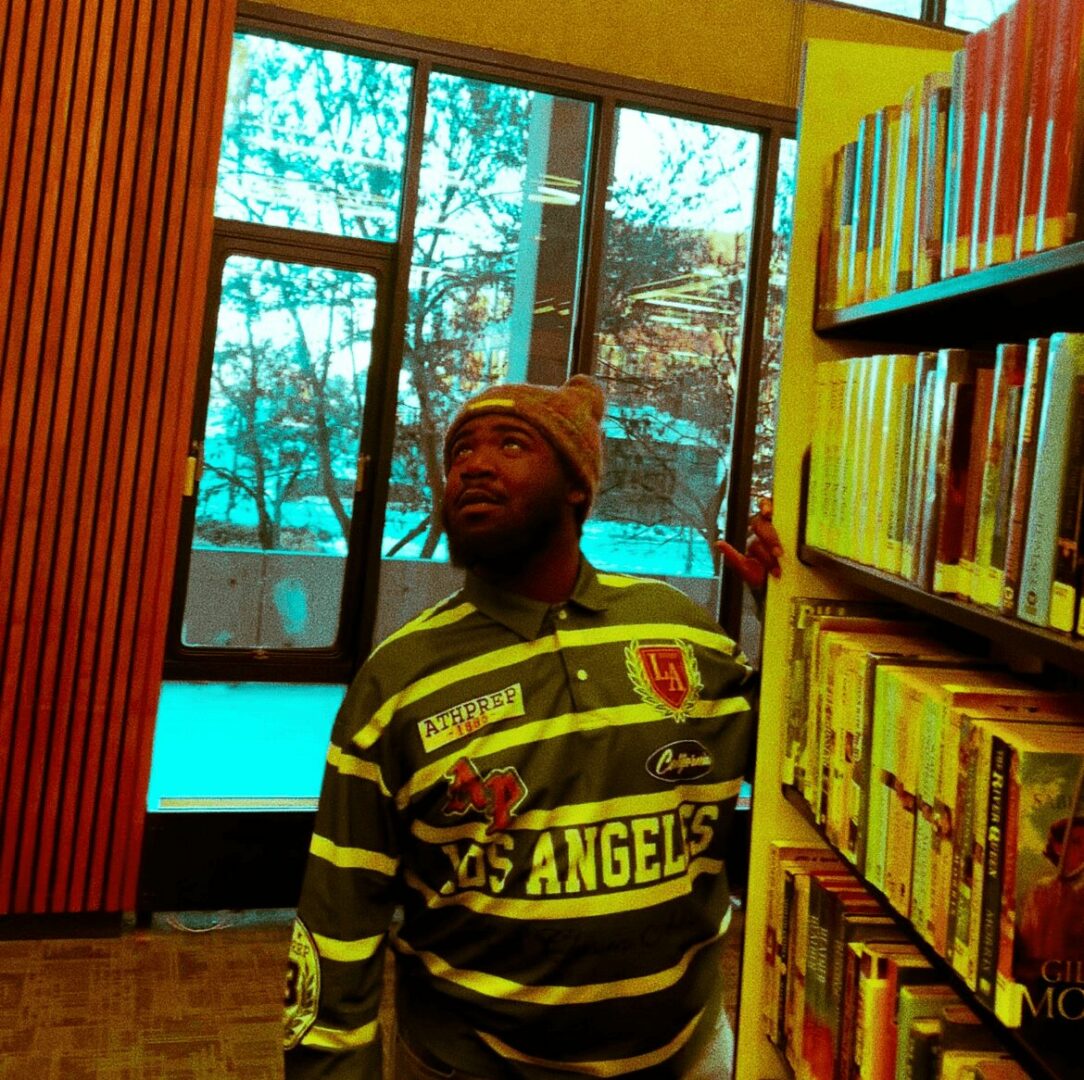Alright – so today we’ve got the honor of introducing you to Jason Leo. We think you’ll enjoy our conversation, we’ve shared it below.
Jason, appreciate you making time for us and sharing your wisdom with the community. So many of us go through similar pain points throughout our journeys and so hearing about how others overcame obstacles can be helpful. One of those struggles is keeping creativity alive despite all the stresses, challenges and problems we might be dealing with. How do you keep your creativity alive?
I keep my creativity alive through storytelling and speculative world-building. By imagining alternate futures, I’m not only opening doors to fresh perspectives but also reflecting on the present and the past to deepen my understanding of the world. I embrace diversity, knowing that hearing and sharing stories beyond my own enriches my creative vision. Connecting with different voices inspires me to explore shared narratives while continuing to value my originality.
Having the opportunity to experience different cultures allows me to observe, feel, and create new stories. I don’t hesitate to step into unfamiliar spaces, letting curiosity and the constant question, “What if…?” guide me. This approach helps me challenge my assumptions, keep my creativity fresh and dynamic, and allow it to continuously evolve.
For me, creativity is all about collaboration, curiosity, and finding new ways to connect and inspire through innovative narratives.


Thanks for sharing that. So, before we get any further into our conversation, can you tell our readers a bit about yourself and what you’re working on?
I am an artist and director working across film, performance, and installation. I create experiential spaces—both digital and physical—that bring stories to life. My work explores underrepresented cultures, identities, and speculative science fiction imaginaries, drawing inspiration from culture and identity.
I am passionate about not only using words, but also design and technology to bridge diverse perspectives, challenge societal norms, and spark meaningful dialogue. By blending the real and the imagined, I strive to reframe current challenges and imagine alternative futures.


Looking back, what do you think were the three qualities, skills, or areas of knowledge that were most impactful in your journey? What advice do you have for folks who are early in their journey in terms of how they can best develop or improve on these?
Looking back, training as an architect introduced me to the vast realm of design and philosophy—how we, as humans, live, interact with our surroundings, and embody our existence. It also allowed me to explore broader interests such as social and behavioural sciences, geopolitics, and contemporary art practices, shaping my interdisciplinary approach.
Being multilingual is also something I am deeply grateful for. Language is the essence of culture, and switching between them constantly shifts my perspective, offering new ways to see the world. It also enables me to communicate stories and ideas to a wider audience. I believe it’s important to step out of a comfort zone to avoid developing tunnel vision or stagnant thinking, which can lead to extreme or narrow views.
In addition, critical thinking has been essential to my practice. It gives me confidence in my work by ensuring that my speculations are grounded in thoughtful analysis. This skill allows me to approach challenges with clarity and provide depth to my creative process.
I would advice and encourage embracing interdisciplinary learning, as exploring ideas beyond your immediate field will help expand your understanding and creativity. Stay open to diverse perspectives through language or cultural experiences, as they will enrich your worldview and enhance your ability to connect with others. Most importantly, develop critical thinking skills by questioning and analyzing assumptions, refining your ideas, and building confidence in your work. This foundation will not only support your creative process but also strengthen your ability to communicate your vision effectively.


Before we go, any advice you can share with people who are feeling overwhelmed?
When I feel overwhelmed, I think it’s important to adjust my position—whether mentally or physically. One thing I often do is take a long walk by myself, using that time to reflect and process things internally. For me, isolation in these moments is essential. It allows me to reconnect with nature, recharge, and find balance before returning to the demands of the real world. This practice helps me maintain a sustainable mental cycle and approach challenges with renewed clarity.
Contact Info:
- Website: https://jasonleo.co
- Instagram: json.leo
- Linkedin: https://www.linkedin.com/in/jason-leo


so if you or someone you know deserves recognition please let us know here.




